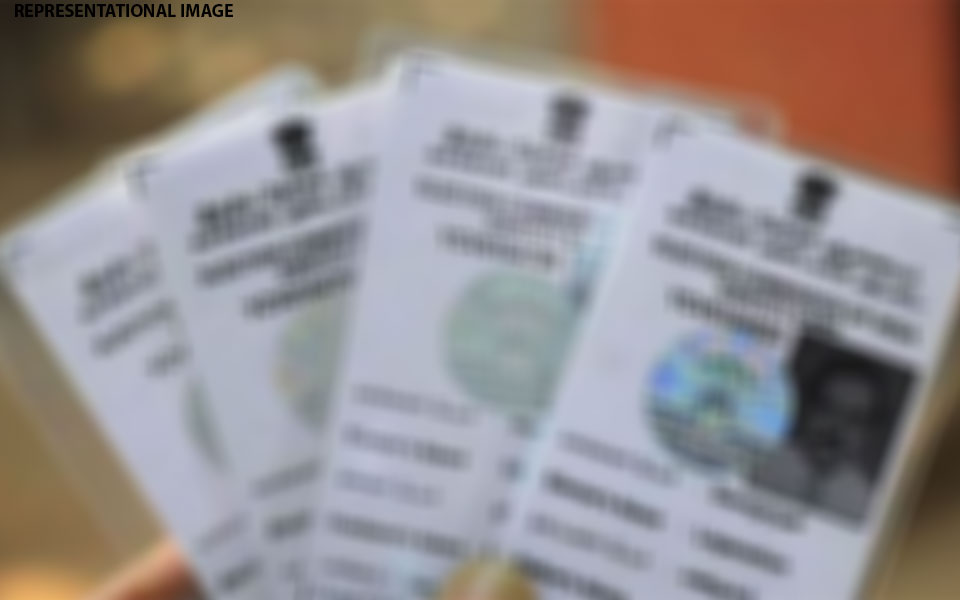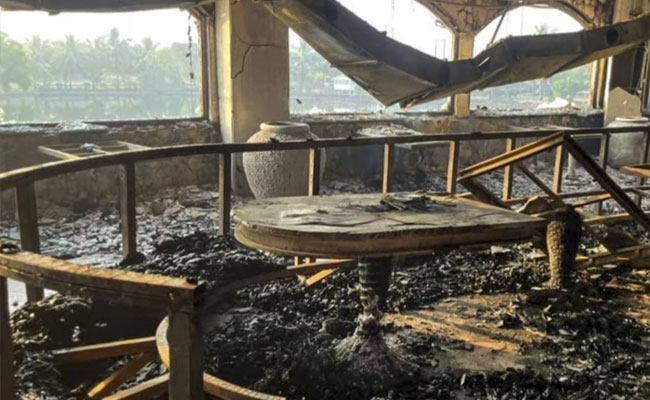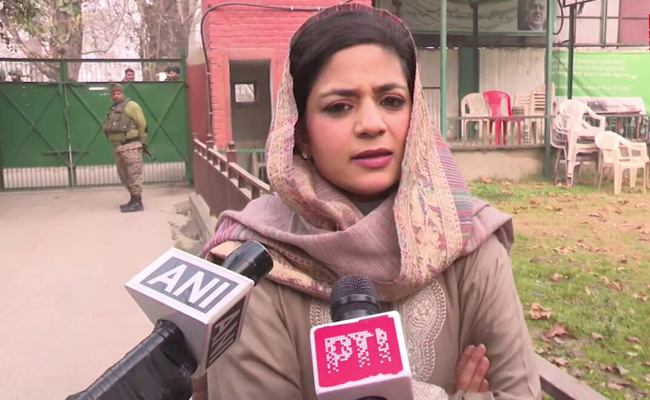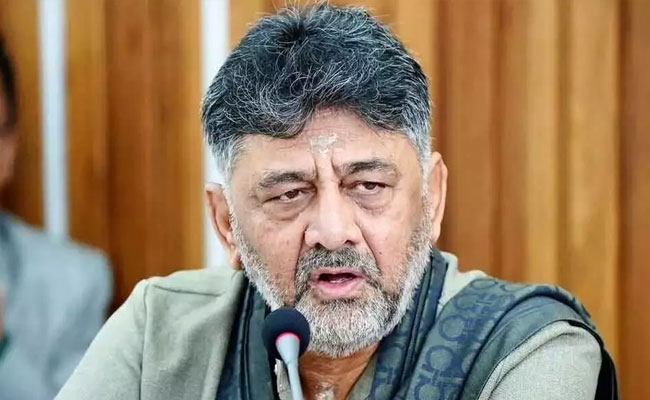New Delhi, July 4: The Election Commission (EC) will provide Braille photo ID cards to visually challenged voters across the country, Chief Election Commissioner (CEC) O.P. Rawat said here on Wednesday as he handed out token Braille ID cards to two persons at an event here.
The photo voter slips would also be made in accessible formats for them, he said.
Addressing the concluding session of a two-day event on inclusive elections, Rawat also announced that the Commission has decided to establish auxiliary polling stations for persons with disabilities during elections.
He said Disability Coordinators would be appointed at the levels of Assembly constituencies, districts and states.
He said a mobile app would be developed in-house for the persons with disabilities to facilitate them participate fully in the election processes.
He said that they would be permitted to avail of public transport for free along with their attendants on the day of polling.
For hearing impaired voters, sign language windows will be established in all audio-visual training and awareness contents of the commission.
Rawat announced that a new unit called Accessible Division would be established in the ECI-run International Institute of Democracy and Electoral Management in Delhi.
Election Commissioner Sunil Arora said that technology has the capability to fill the gaps and it shall be explored to its fullest potential.
Let the Truth be known. If you read VB and like VB, please be a VB Supporter and Help us deliver the Truth to one and all.
Bengaluru (PTI): A five-year-old boy was injured after he was allegedly kicked by a neighbour while playing near his uncle’s house, police said on Friday.
The incident occurred in Thyagarajanagar on December 14.
CCTV footage of the incident showed the child, identified as Neev Jain, playing badminton with other children outside the house when a man approached him from behind and suddenly kicked him.
The impact caused the boy to fall to the ground. The man was then seen casually walking away from the spot without offering any help or showing concern, the footage showed.
Police said a preliminary inquiry revealed that the accused is suffering from a mental health disorder and is undergoing treatment.
According to police, in her complaint, the boy’s mother, Deepika Jain, stated that she had visited her elder brother Manoj’s house on December 14.
At around 1.10 pm, while her son was playing with other children near the house, a resident of the neighbouring house, identified as Ranjan, allegedly kicked the child without provocation.
As a result, the boy fell and sustained bleeding above the eyebrow and abrasions on his hands and legs, she said.
Based on the complaint, a case was registered under Section 115(2) (voluntarily causing hurt) of the Bharatiya Nyaya Sanhita. The accused was arrested and later released, a senior police officer said.
A five-year-old boy was injured after a passerby kicked him while he was playing near his grandmother's house in Bengaluru's Thyagarajanagar.
— IndiaToday (@IndiaToday) December 19, 2025
More details in the video#Bengaluru #Child #Playing #IndiaTodayShorts pic.twitter.com/K8DkVT7AKD





